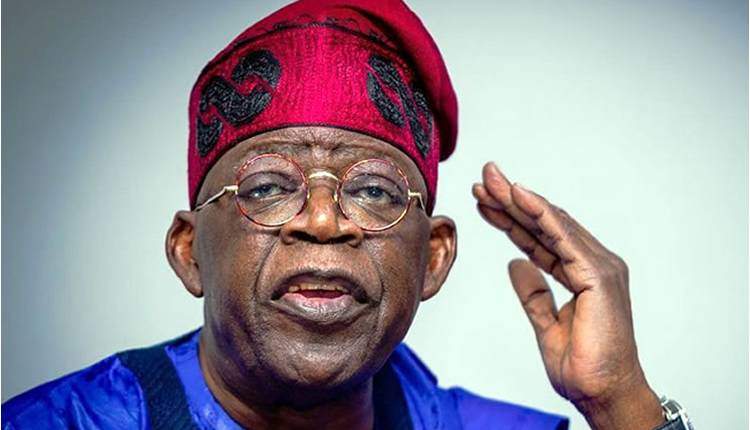The Presidency has criticized foreign media outlets for their “predetermined, reductionist, derogatory, and denigrating” portrayal of Nigeria’s current economic situation under President Bola Tinubu’s administration. In a strongly-worded response, Special Adviser to President Tinubu on Information and Strategy, Bayo Onanuga, particularly targeted a recent feature story by The New York Times titled ‘Nigeria Confronts Its Worst Economic Crisis in a Generation,’ calling it a “jaundiced” account reflecting a typical negative bias against African nations.
Onanuga accused the NYT report of presenting an overly pessimistic view by focusing on interviews highlighting the severe economic struggles faced by some Nigerians amid last year’s inflation spike, while neglecting to mention the government’s positive actions and policies.
“The report is at best jaundiced, all gloom and doom, as it never mentioned the positive aspects in the same economy as well as the ameliorative policies being implemented by the central and state governments,” Onanuga stated.
He emphasized that President Tinubu inherited, rather than created, Nigeria’s economic troubles, likening the situation to a “dead economy” in need of urgent interventions to avert total collapse. Onanuga defended the government’s decisions in May/June 2023 to abolish the fuel subsidy regime, which had cost $84.39 billion between 2005 and 2022, and to unify multiple exchange rates. These moves, he argued, were crucial for restoring fiscal discipline and attracting investment.
“For decades, Nigeria had maintained a fuel subsidy regime that gulped $84.39 billion from the public treasury in a country with huge infrastructural deficits and in high need of better social services for its citizens,” Onanuga explained.
He also criticized the previous government for keeping the naira overvalued against the dollar, enabling arbitrage opportunities and failing to meet remittance obligations, which dried up foreign direct investment. Onanuga noted that while the initial economic shocks were turbulent, leading to the naira depreciating to N1,900 per dollar, stability is gradually being restored, with the currency potentially recovering to N1,000-N1,200 by the end of the year.
Onanuga cited signs of renewed investor confidence, including increasing foreign portfolio investment, a Q1 2024 trade surplus of N6.52 trillion, new loans from multilateral lenders, and multi-billion dollar investment commitments. He acknowledged that food inflation remains a significant challenge but highlighted government policies aimed at boosting domestic agricultural production, such as fertilizer subsidies, incentives for dry season farming, and state-level interventions.
“With all the plans being executed, inflation, especially food inflation, will soon be tamed,” Onanuga asserted.
He also argued that Nigeria is not alone in facing a cost-of-living crisis, which has affected Western nations like the U.S. as well. Onanuga expressed confidence that the Tinubu administration is working hard to overcome the economic challenges and that “we shall overcome our present difficulties very soon.”
In his closing remarks, Onanuga stated, “Our country faced economic difficulties in the past. Just like we overcame then, we shall overcome our present difficulties very soon.”
